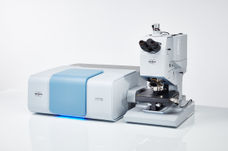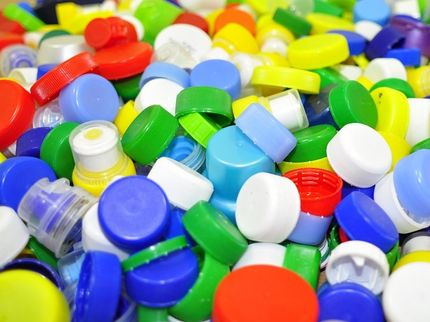BASF takes a further step in the divestment of its styrenic activities
Styrenics business to be reorganized in new BASF Group companies
BASF is continuing the divestment process of its global styrenic business and plans to reorganize the business into new subsidiaries as appropriate. The new companies are expected to be established in January 2009.
In addition, the scope of the activities to be sold will be expanded to include the styrene copolymer business. This expansion includes styrenic copolymer production plants in Ludwigshafen and Schwarzheide, Germany as well as the styrene copolymer global marketing, sales and logistics activities.
The new subsidiaries will operate the global styrenics business independently. The styrenic commodities and copolymers with around 1,600 employees had total sales of about €4 billion in 2007 and production sites located in Antwerp, Belgium; Ludwigshafen and Schwarzheide, Germany; Altamira, Mexico; São José dos Campos, Brazil; Dahej, India; and Ulsan, South Korea. BASF will concentrate its remaining styrenic plastics activities on its foams business for the construction and packaging industries as part of the Performance Polymers division.
“We are reorganizing our styrenics business to improve its future success and give us new options outside of BASF,” said Dr. Martin Brudermüller, member of the Board of Executive Directors of BASF SE and responsible for the Plastics segment.
Other news from the department business & finance
These products might interest you

Eclipse by Wyatt Technology
FFF-MALS system for separation and characterization of macromolecules and nanoparticles
The latest and most innovative FFF system designed for highest usability, robustness and data quality

HYPERION II by Bruker
FT-IR and IR laser imaging (QCL) microscope for research and development
Analyze macroscopic samples with microscopic resolution (5 µm) in seconds

Get the chemical industry in your inbox
By submitting this form you agree that LUMITOS AG will send you the newsletter(s) selected above by email. Your data will not be passed on to third parties. Your data will be stored and processed in accordance with our data protection regulations. LUMITOS may contact you by email for the purpose of advertising or market and opinion surveys. You can revoke your consent at any time without giving reasons to LUMITOS AG, Ernst-Augustin-Str. 2, 12489 Berlin, Germany or by e-mail at revoke@lumitos.com with effect for the future. In addition, each email contains a link to unsubscribe from the corresponding newsletter.


























































